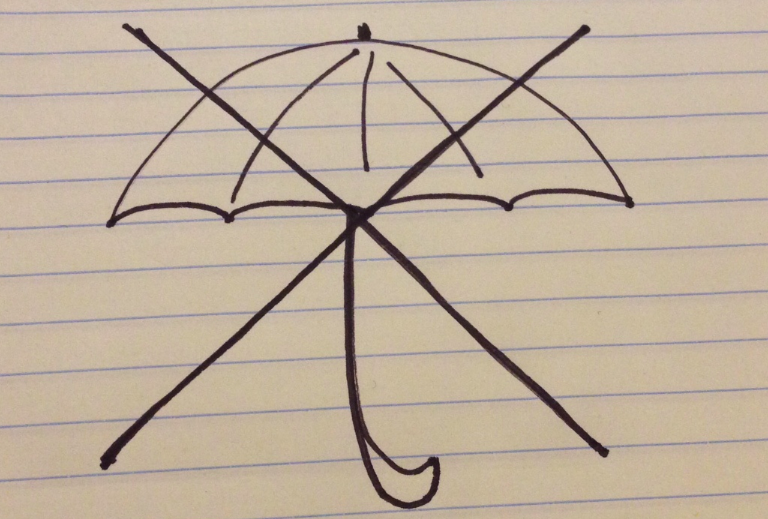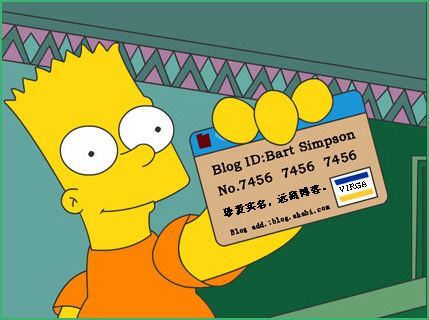
Anti-umbrella sketch by Ellery Roberts Biddle.
This is a modified article based on an interview with Wu Tun, an online shop owner whose Taobao shop was forced to shut down in November 2014. The interview was conducted by Yi Que Tang and first published in Chinese on pao-pao.net. The English version was translated by Mandy Wong and edited and republished on GV under content partnership agreement.
New Internet regulations in China criminalize the use of screen names and profile pictures that are deemed to violate existing laws, pose a threat to national security, destroy ethnic unity, or defame others.
A few days before the regulation went into effect on March 1, more than 60,000 user accounts were deleted from major social media platforms. More than 7,000 were deleted in March, the first month of the implementation of the rules.

China introduces new regulation to restrict Internet users’ screen-names and profiles. Image from Jason Ng's Kenengba. Licensed for non-commercial use.
On February 4, China’s State Internet Information Office released the Regulation on the Management of Internet User Accounts, which lists nine restrictions concerning users’ screen names. The rule was put into force as part of a broader set of regulations on user identity in China — users were now be required to register for online services using their real names. Although they may still use avatars or handles, they will need to do so in accordance with the new policy.
This could pose problems for many Internet users in China. Netizens with a clear political position often use their screen names, avatars or background image of their social media profile pages to make a political statement. For example, users who believe in universal value sometimes add “MZ” (short form of Minzhu, meaning democracy in English) in their user ID. During the escape of the blind human right activists Chen Guangcheng (Chen escaped to the US Embassy in Beijing in 2012), his supporters changed their screen name to “In Need of Guang [Light] and Cheng [Sincerity]”. Avatars too have a similar function. During the Umbrella Movement in Hong Kong, supporters from mainland China changed their profile picture to the movement's icon of the open umbrella.
In the case of Wu Tun, if Wu changed his profile picture to the image of the T-shirt to show his support for Ai Weiwei, most likely his account will be suspended under the “Nine restrictions” of the new regulation on user accounts.
The restrictions could be interpreted to cover almost everything. For example, one of the restrictions is “spreading rumors and disrupting public order.” But really, who can judge whether a piece of information is rumor in China? And how can a profile picture and self-introduction “disrupt public order”? The authority controls the “ultimate power to interpret” the restrictions. Recently a mainland Chinese netizen published a photoshopped picture of Xi Jinping in his WeChat friend circle and was summoned by the police, who accused him of “disrupting public order.”
Many netizens have expressed their doubts about the restriction on “subverting state power and destroying national unity.” Again, how can an avatar destroy national unity? It seems that any image that can be interpreted as critical towards the authorities can be prosecuted under the new user account regulation.
The Chinese Internet has adopted a close door policy and the space for speaking online is shrinking rapidly. Many choose to remain silent out of frustration and fear.




1 comment